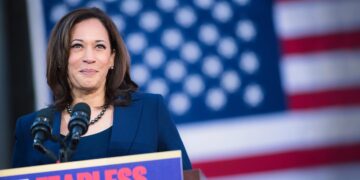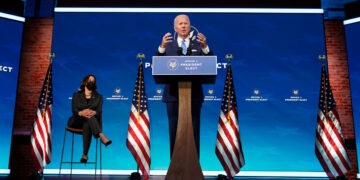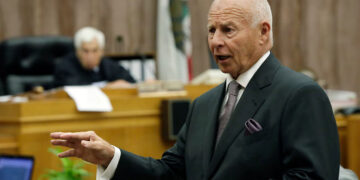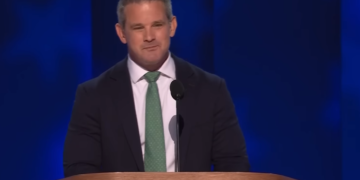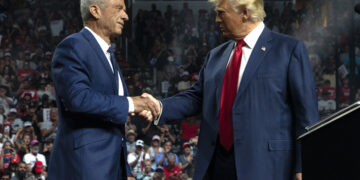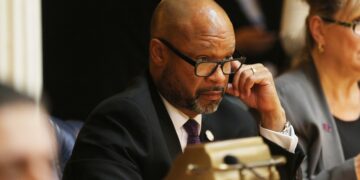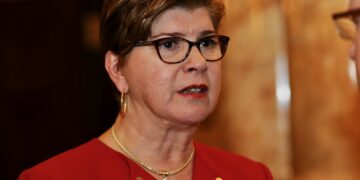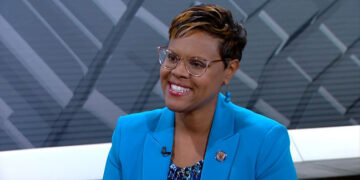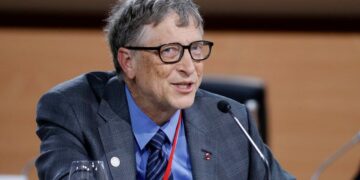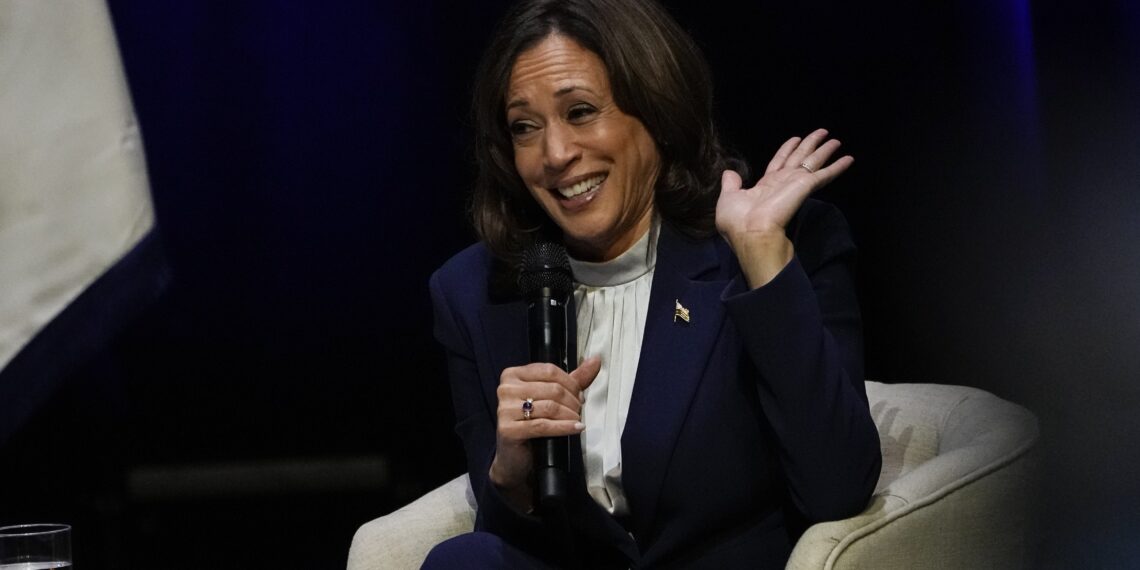A recent comment by a surrogate for Kamala Harris’s campaign has reignited discussions about media bias and the role of journalism in political campaigns. During an appearance on ABC News, Kaivan Shroff, a Democratic National Committee delegate, seemed to suggest that the Harris campaign relies on the media to communicate and defend their policies to the public. This remark has drawn criticism, with detractors arguing it confirms suspicions that the mainstream media may be biased in favor of liberal candidates.
Critics of Harris have long pointed out her reluctance to engage in detailed interviews about her policies and qualifications. Shroff’s defense of this strategy—claiming that Harris trusts journalists to explain her policies and values to the American people—has only fueled these criticisms. Many have taken to social media to express their concerns, with some accusing the campaign of relying on the media to act as a mouthpiece rather than holding the candidate accountable.
Responses to Shroff’s comments have been swift and pointed. Some argue that the campaign’s strategy reflects a troubling reliance on media outlets to support their narrative without critical scrutiny. Others see it as an admission that Harris is avoiding tough questions and detailed policy discussions.
Shroff later clarified that while Harris hasn’t engaged with the media extensively yet, she is expected to do so in the future. However, the initial comments have already sparked a broader conversation about the role of the media in political campaigns and whether they are serving the public interest or aligning too closely with particular candidates.
As the campaign season progresses, this issue is likely to remain in the spotlight, with voters and media watchdogs alike scrutinizing how candidates like Harris interact with the press and whether the media provides balanced coverage of their platforms.

